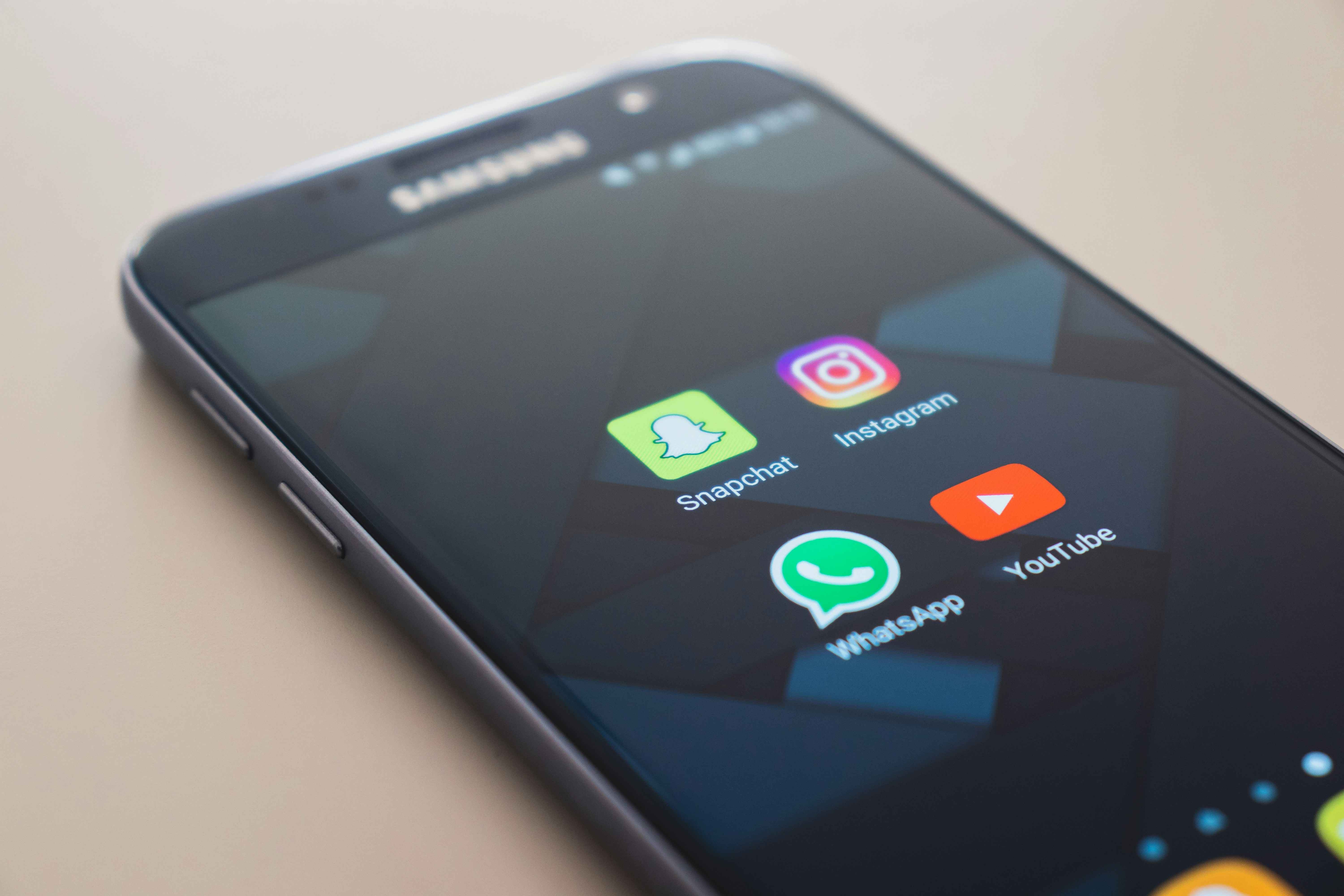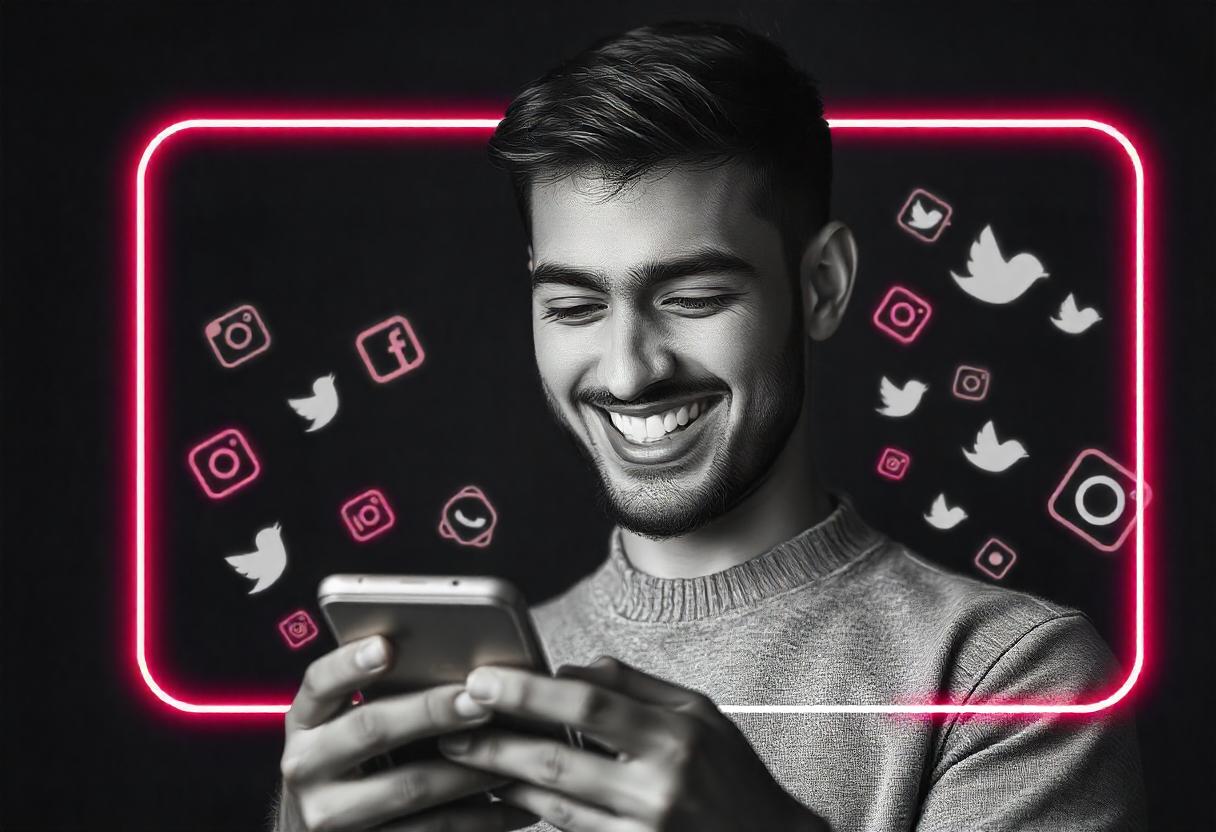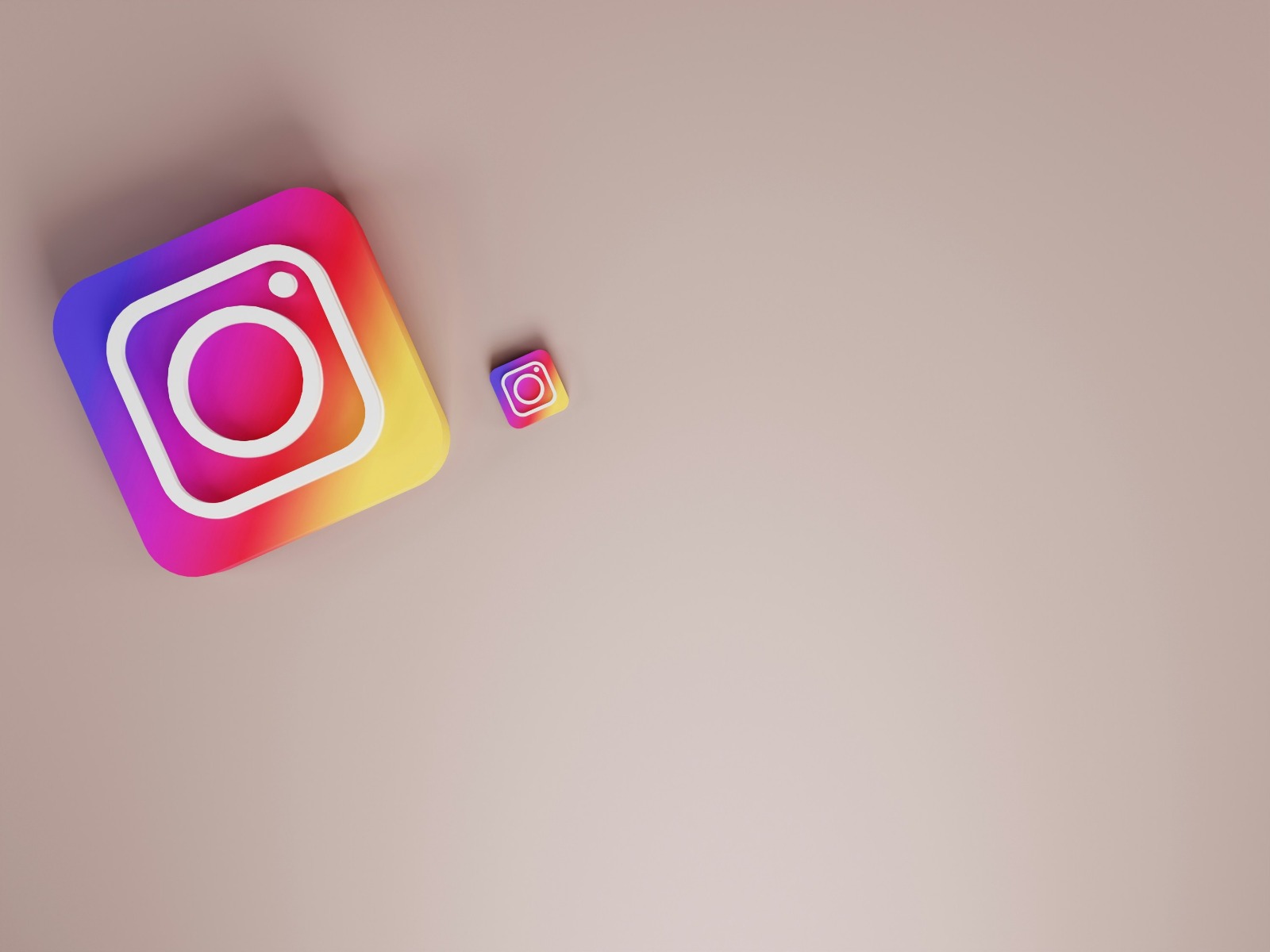
Social media has become more than just a tool for sharing moments—it's woven into the fabric of our daily lives. From scrolling through Instagram to checking updates on X and watching endless TikTok or YouTube videos, many of us spend hours online without even realizing how much time we invest. But have you ever noticed feeling stressed or anxious after spending time on social media? If so, you're not alone. Studies have shown that social media usage can directly affect mental health, leading to increased anxiety and stress. In this blog, I'll dive into how social media can trigger anxiety and provide actionable steps to help you break free from its grip.
The Comparison Trap
One of the biggest contributors to social media-induced anxiety is the comparison trap. As we scroll through our feeds, we're constantly exposed to the curated, highlight-reel lives of friends, influencers, and celebrities. We see their vacations, career milestones, and happy moments, which can lead us to compare ourselves to them. We start to feel like we're missing something, or worse, that we’re falling behind in life.
But here's the truth: social media is just a snapshot of someone's life. It shows their highlights, not their struggles. What we often forget is that those vacation photos or perfect job updates don’t tell the full story. Behind the scenes, they may also face challenges, doubts, or failures. This FOMO (Fear Of Missing Out) can fuel feelings of inadequacy, and the cycle of comparison can lead to social media addiction as we continually check our feeds for updates, hoping to "catch up" with others.
Doomscrolling and the Mental Toll
Have you ever found yourself spiraling into a black hole of negative or controversial content, unable to stop scrolling? This behavior is called doomscrolling, and it's a significant contributor to anxiety and depression. When we consume distressing news or endless negativity, it can overwhelm our minds and leave us feeling hopeless or anxious.
Another emotional impact of social media is related to our posts and their performance. When we share content, we often seek validation through likes, comments, and shares. However, when our posts don't get the engagement we expected, we can start questioning ourselves and our worth, which can lower self-esteem and escalate anxiety.
Moreover, using social media late at night exposes us to blue light, which disrupts our sleep cycle. Poor sleep quality, in turn, can contribute to stress, irritability, and long-term mental health issues.
How to Break Free from Social Media Anxiety
If you’ve been feeling anxious or stressed after using social media, don’t worry—there are plenty of ways to regain control over your digital habits and improve your mental well-being. Here are some strategies that can help:
-
Set Usage Limits: Use apps to track your social media usage and set limits on the amount of time you spend on each platform. Many apps can send notifications when you exceed your daily limit, helping you stay conscious of your screen time.
-
Turn Off Unwanted Notifications: Constant notifications can create stress and disrupt your focus. By turning off non-essential notifications, you can reclaim your peace of mind and prevent social media from constantly pulling your attention away.
-
Take a Social Media Detox: Sometimes, the best way to reset is to take a break from social media entirely. Whether it's for a day, a weekend, or even longer, stepping away from your screens can help you clear your mind and reset your emotional state.
-
Follow Accounts That Promote Positivity: Unfollow accounts that make you feel insecure or stressed. Instead, curate your feed to follow pages that promote mental health, mindfulness, and balance in life.
-
Engage in Offline Activities: Take time each day to focus on activities that don't involve screens. This could be reading a book, practicing meditation, journaling your thoughts, or engaging in physical exercise. Apps like Calm and Headspace can also help guide you in practicing mindfulness and reducing anxiety.
-
Practice Self-Care: Incorporating small self-care practices into your routine can significantly improve your mental health. Whether it's practicing gratitude, connecting with loved ones, or taking time for yourself, self-care is key to maintaining emotional well-being.
Conclusion
Social media can be a powerful tool for connection and entertainment, but excessive use can take a toll on mental health. The key to a healthy relationship with social media is balance. By setting limits, curating your feed, taking breaks, and practicing offline activities, you can reduce anxiety and foster a more positive, mindful approach to your online presence.
If you found these tips helpful, share this blog with someone who may benefit from a healthier relationship with social media. You don't have to let anxiety control your digital habits—take charge today and improve your mental well-being.
Asif Bc
Aspiring blogger in Kerala sharing insights on technology and mental health to inspire mindful living.



.jpg)
0 Comments